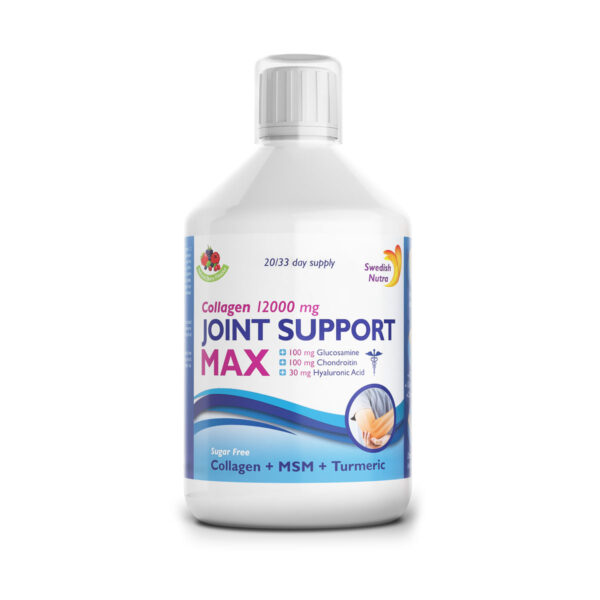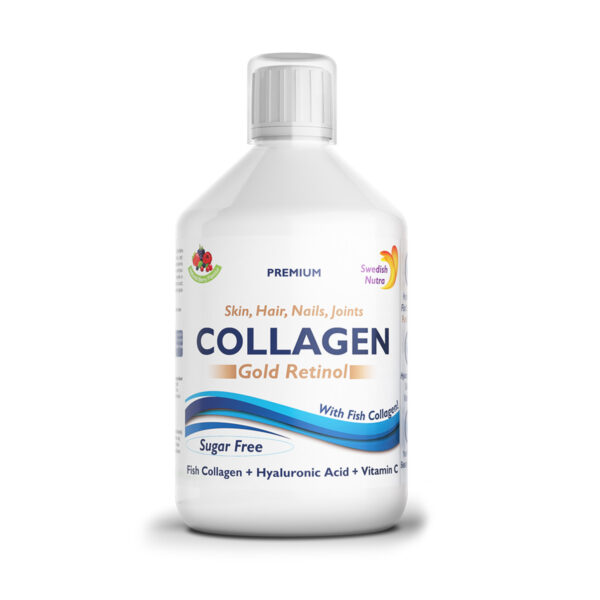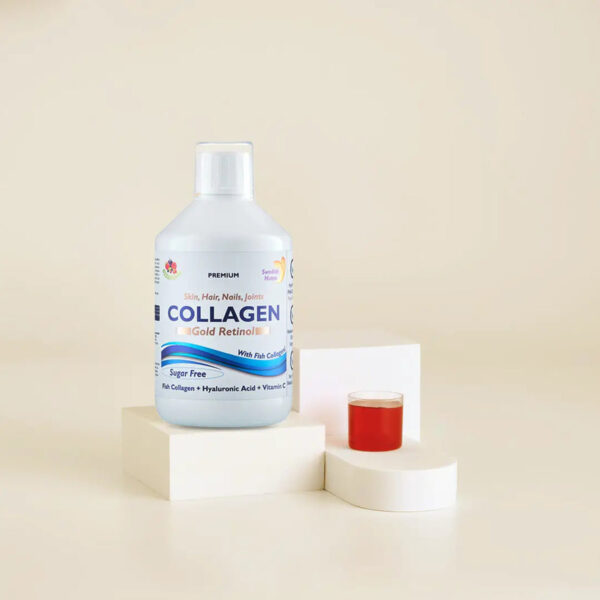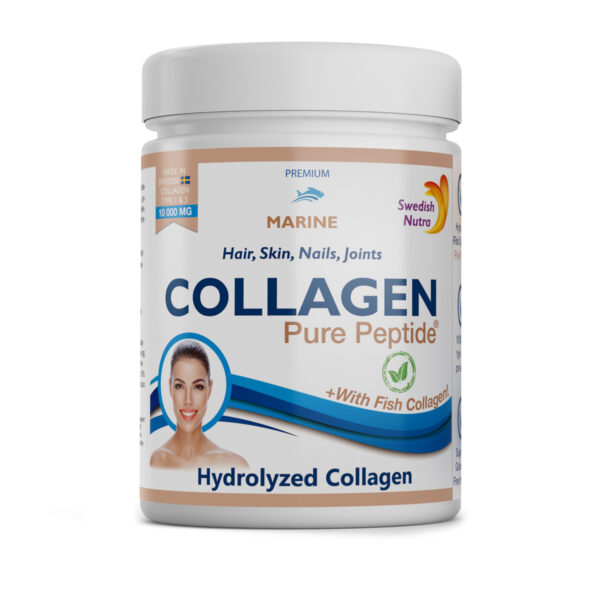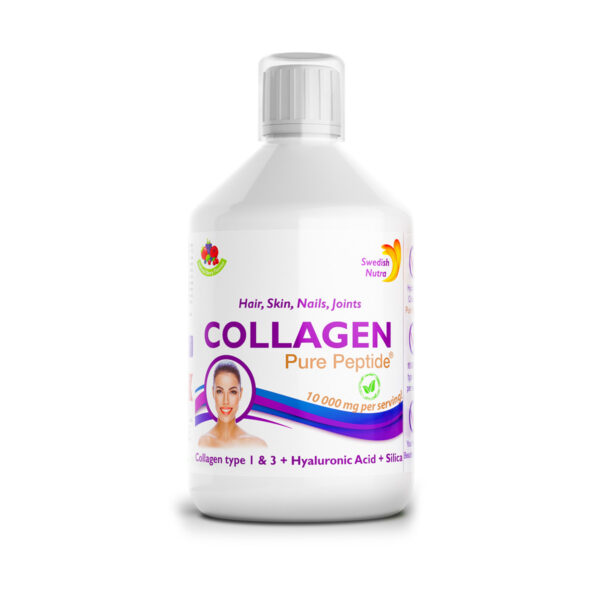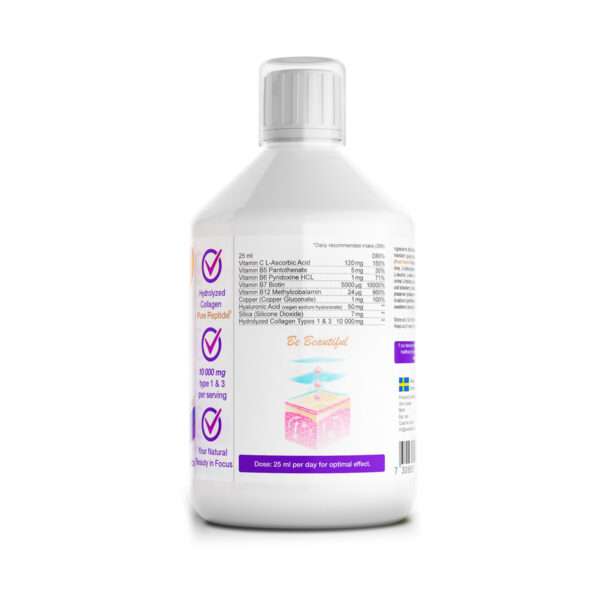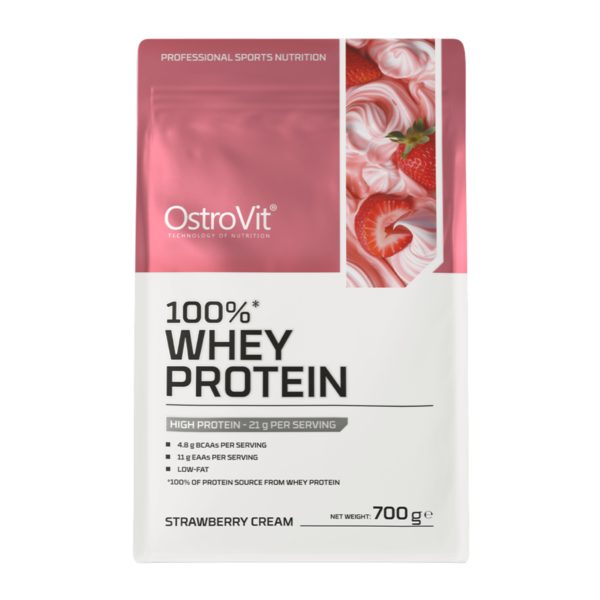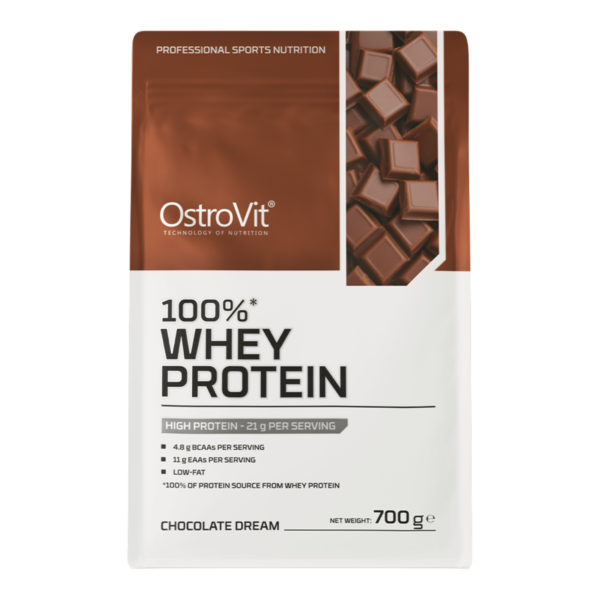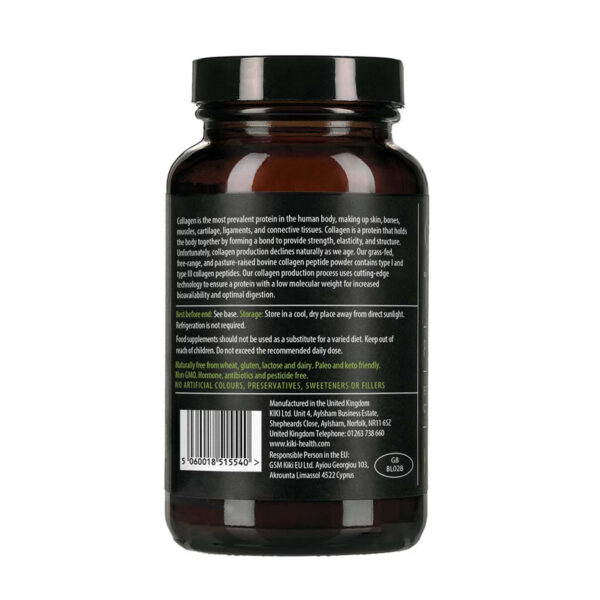Vitamin D – What should we know about it?

Why is vitamin D important for us?
Vitamin D is an essential vitamin that helps the body to better absorb calcium and phosphorus, which is needed for healthy bones and teeth. Vitamin D also plays an important role in strengthening the immune system and reducing inflammatory processes in the body.
In addition, vitamin D contributes to the health of the nervous system and muscles, and has been linked to the prevention of cardiovascular disease. Studies have linked low levels of vitamin D to a number of health problems, including osteoporosis, diabetes, autoimmune diseases and cancer risk.
Vitamin D also has a number of other beneficial functions, such as effects on hormones and serotonin levels in the body.
Vitamin D is synthesised in the body mainly by exposure to sunlight, which is why people living in the Nordic countries may be deficient in vitamin D, especially in winter when daylight hours are short and people spend most of their time indoors. To get enough vitamin D, people should get enough UV radiation, which produces vitamin D in the skin. People living in the Nordic countries are therefore at a higher risk of vitamin D deficiency than people living near the equator, because sunlight is weaker and daylight hours are much shorter.
Vitamin D health benefits:
- Strengthening bones: vitamin D helps the body to better absorb calcium and phosphorus, thereby helping to strengthen bones and reduce the risk of osteoporosis. Vitamin D deficiency can lead to thinning bones and increase the risk of fractures.
- Strengthening the immune system: vitamin D helps strengthen the immune system and fight infections. Studies have shown that vitamin D can also reduce the risk of some autoimmune diseases.
- Cardiovascular health: adequate intake of vitamin D can help reduce the risks of cardiovascular diseases such as heart attacks, strokes and blood pressure problems.
- Preventing cancer: studies have shown that vitamin D can help reduce the risk of some cancers, such as breast, colon and prostate cancer.
- Psychological wellbeing: vitamin D is also linked to psychological wellbeing and can help reduce symptoms of depression and anxiety.
- Hormone regulation: vitamin D helps to regulate hormone levels in the body, such as insulin and thyroid hormones.
These are just a few of the beneficial properties of vitamin D. It is important to remember that vitamin D is an essential vitamin for the body, helping to maintain health and prevent various diseases.
Daily vitamin D requirements
A person’s need for vitamin D may vary depending on age, sex, physical activity, time in the sun and other factors.
Below is the recommended daily intake of vitamin D for different age groups:
- Infants up to 12 months: 10 micrograms (mcg) or 400 IU*.
- Children aged 1-18 years: 15 micrograms (mcg) or 600 IU.
- Adults aged 19-70 years: 15 micrograms (mcg) or 600 IU.
- Adults aged 71 years and over: 20 micrograms (mcg) or 800 IU.
*RU – International unit
It is important to note that these are the minimum recommended doses and in some cases a higher dose may be necessary, especially if there is a vitamin D deficiency or other risk factors. It is also important to remember that taking high doses of vitamin D can be harmful to health, so it is important to follow the recommendations and consume vitamin D in moderation.
In addition to vitamin D from food, the body also synthesises vitamin D when exposed to sunlight. The average daily sun exposure time needed for vitamin D synthesis depends on a variety of factors, such as location, season and skin pigmentation. If sun exposure is limited, it may be necessary to take vitamin D supplements.
Foods containing vitamin D
Vitamin D is found naturally in quite a few foods. The richest sources of vitamin D are fatty fish such as salmon, mackerel and herring.
Here are some foods containing vitamin D:
- Fatty fish (salmon, mackerel, herring, tuna, sardines): 100 grams of fish may contain 400-1000 IU of vitamin D.
- Egg yolk: one average egg contains about 40 IU of vitamin D.
- Liver: Up to 50 IU of vitamin D may be present in 100 g of liver.
- Dairy products: milk, cheese and yoghurt may contain small amounts of vitamin D if fortified with vitamin D.
- Mushrooms: some types of mushrooms, such as champignons, may contain small amounts of vitamin D.
Although vitamin D levels in foods are usually low, they can still help meet daily vitamin D requirements, especially if foods are fortified with vitamin D or combined with sun exposure to help the body produce vitamin D. Vitamin D can also help meet the body’s daily vitamin D requirements. It is also possible to take vitamin D supplements if recommended by a doctor or nutritionist.
Vitaplus.ee offers a wide range of vitamins D in different forms.





